With standout talents like Fin Smith and Henry Pollock recently named in the Lions squad, the future of England men’s rugby team looks bright – but who’s building it? Sidelines explores the groundwork being laid for World Cup success.
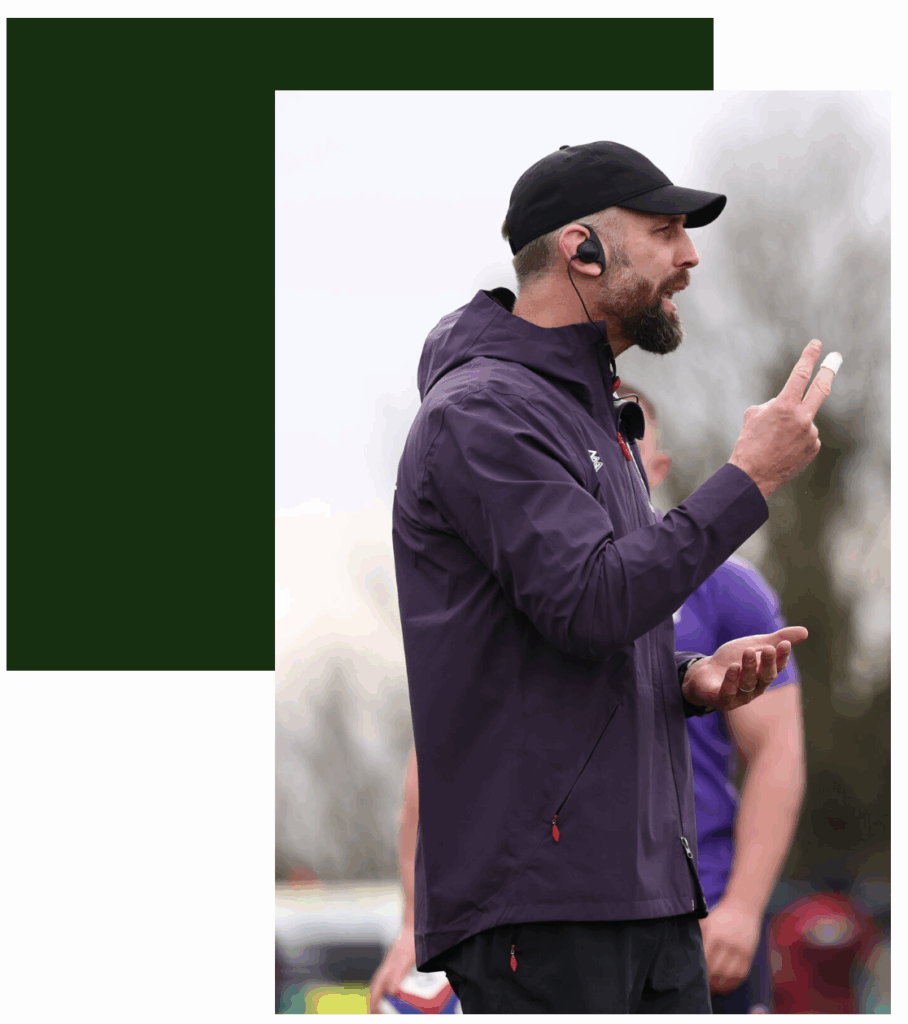
The road to World Cup glory doesn’t start on the pitch at Twickenham. It starts in schools, local clubs and academies up and down the country, where the foundations are laid for success.
Jonathan Pendlebury plays a vital role in this process. As Head Coach of England men’s U18s, he is responsible for helping shape the next generation of talent in one of the country’s most physical and competitive sports.
“I think I’ve got one of the best jobs in the country,” Pendlebury says. “I enjoy seeing people having a dream and an ambition and I’m inspired by those who can realise their potential and kick on.”
Pendlebury’s own professional playing career was cut short by injury, which set him on the path towards player development.
“My role is to help produce and support players going through to be future senior England players, winning and competing for grand slams and World Cups.”
That role involves events like the recent U18 Six Nations Festival: an annual tournament bringing together the best young talent in Europe. In April, England’s squad finished the tournament unbeaten in their three games and on a high. They beat France 29-27 in their final game.
“It means everything to the team and the staff,” he says. “Ultimately, these festivals help with our overarching aim of preparing players who have the potential to be able to play for a future England team.”
That preparation also includes giving players international experience beyond European competition.
Pendlebury says, “We’re able to go overseas to play South Africa in South Africa, and more recently the groups that have been there in the last year have gone back with the U20s. We’re able to offer some familiarity.”
Development at this stage goes far beyond the result of a match. Building the players’ relationships and combinations with one another is key.
“I’ll always try and set a team to win, but you’re also offering opportunities to combinations of players,” he says. “Whether that’s a hooker with a second row, a scrum half with a number 10, centre pairings: These could be future partnerships.
Read more: How grassroots volunteers are capitalising on the Women’s Rugby World Cup
“You’re always going to keep one on that and one eye on the group developing for the immediate short term, looking at what experience they need now that is going to set them up better in the future.”
This longer-term vision is shared across the rugby pathway and development system – from the RFU to clubs, schools and regional academies – who Pendlebury describes as “our eyes, ears and scouts.”
“The time and investment going in from the RFU and academies into player development and progression is getting better and better.
“These players are coming through into their pathways and systems to then pulling on England jerseys, with immediate success including what we’ve seen from the likes of Fin Smith, Asher Opoku and more recently being able to celebrate Henry Pollok coming through and getting senior caps.”
Both Pollock and Smith’s success reached new heights with their selection for the British & Lions tour of Australia starting this June. This is a huge milestone for players who were recently in the U18s system.
Pendlebury’s role also involves supporting players who are navigating academic pressures as well as pursuing a career in the sport.
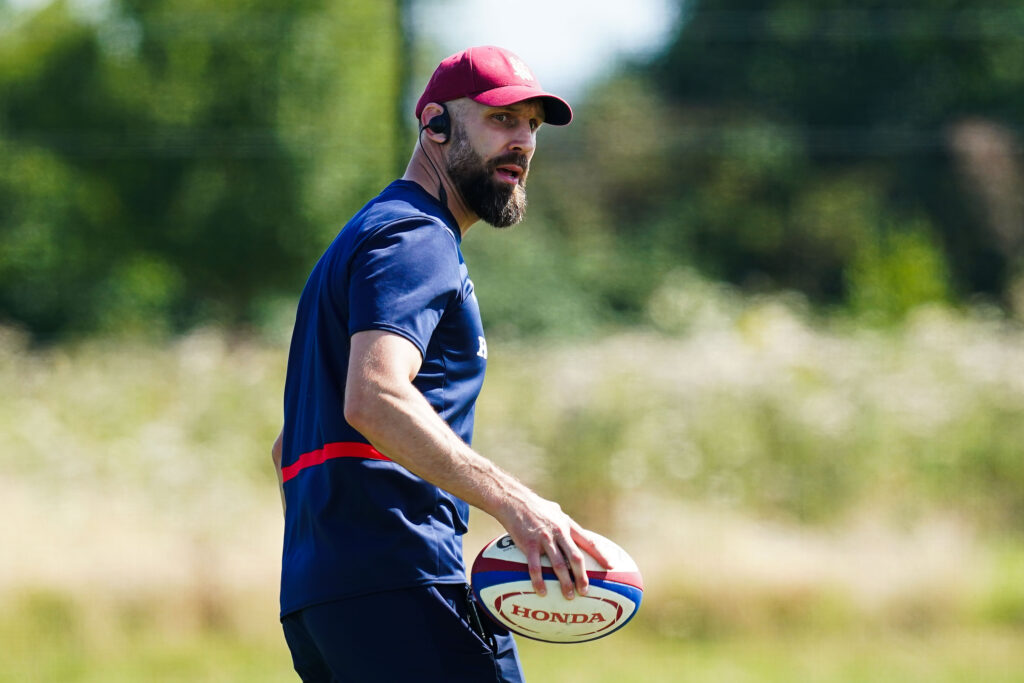
“I work with young lads who have a lot going on in their lives. They’re ambitious in school. They’re ambitious in rugby.
“A message I’ll push is that if you don’t do your revision, no one else will and you’ll fail. It’s the same for rugby: If you do not take ownership of your own development in your career, you’ll get overtaken.”
Balancing sport with education can be demanding, but so can injury – a reality that hits hard for young players in such a physical game.
“We had a player who got injured in game one (of the Six Nations Festival) against Scotland,” he says. “He’s then unfortunately sent home and is devastated he can’t play the next two games. You have that immediate care there with the player.
“They need time and support. It might be that they’re out for six months to a year so they get a long phase of rehabilitation. That’s part of the professional game, which might be a big step back at the time, but then stands them in better stead for the future.”
Trying to predict the future stars and those who will go far in the England rugby pathway is no exact science, as Pendlebury knows better than most. “If I had a crystal ball, my job would be easy.”
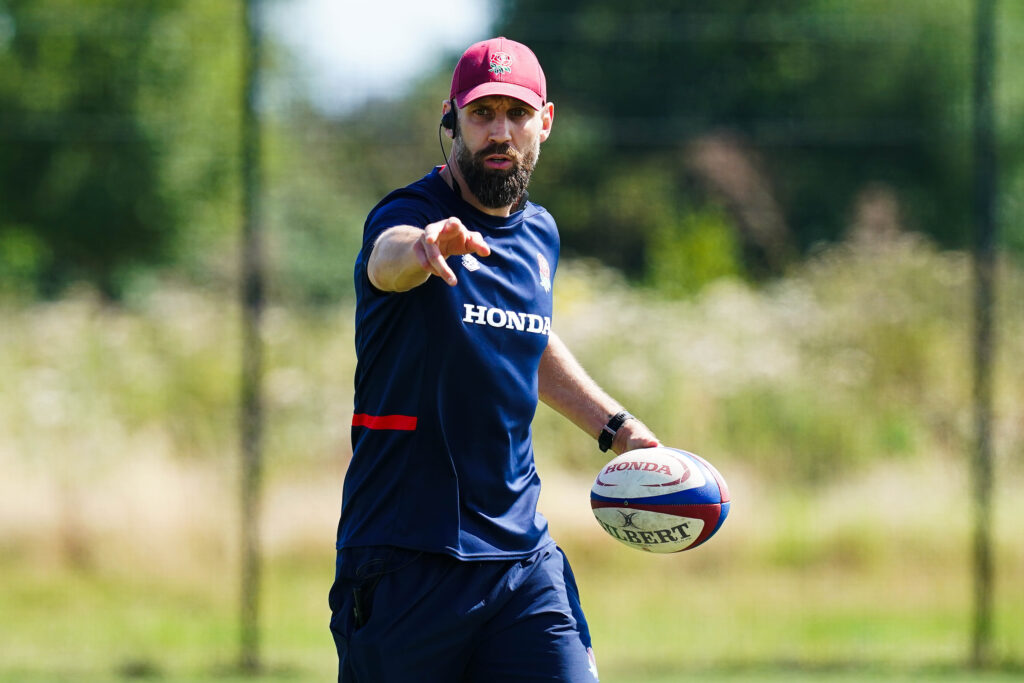
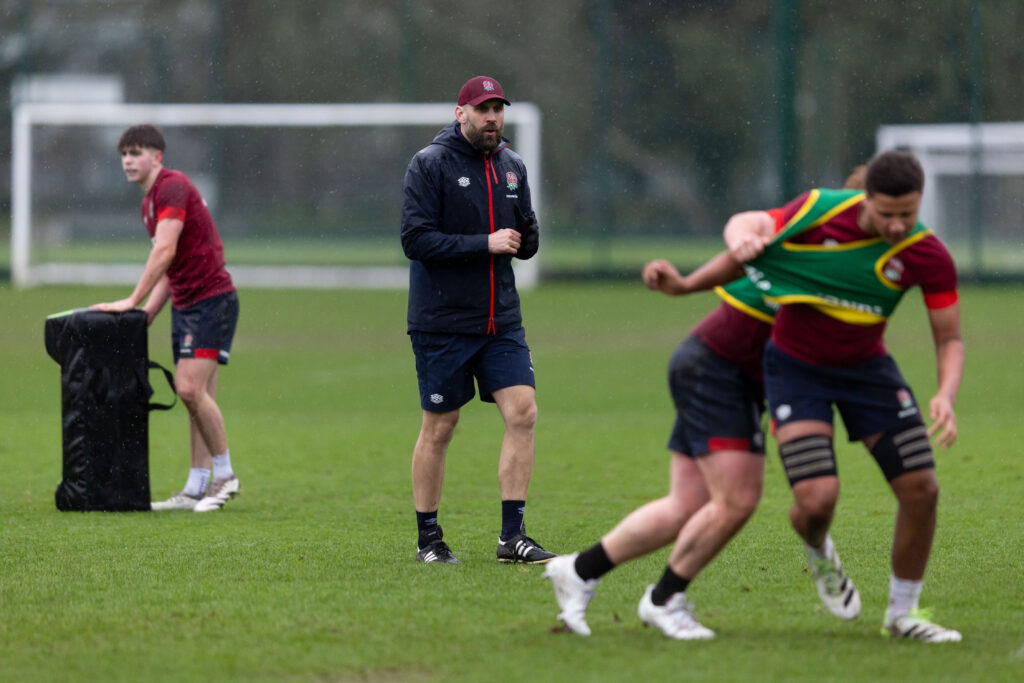
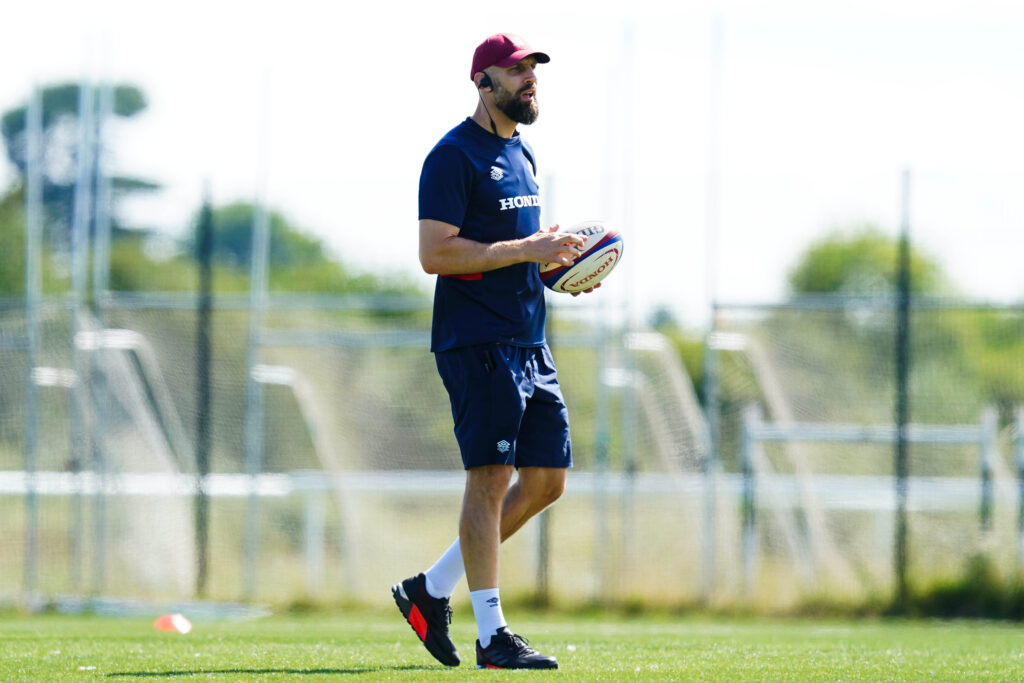
For any young player looking to progress in the game and appear in the national side, his advice is clear.
“Dream big and work hard. As long as you have ambition, go for it and try your hardest, I think you’d go alright.”
Each camp and match is a small step in preparing future stars. The players in the youth pathways coming through today might well be the ones to bring home the World Cup.
“I’m optimistic England will win a World Cup in 2027 and 2031. It’s coming. And if several of the players we’ve worked with make those squads – fantastic.
“Seeing those lads there, that would be our World Cup.”



